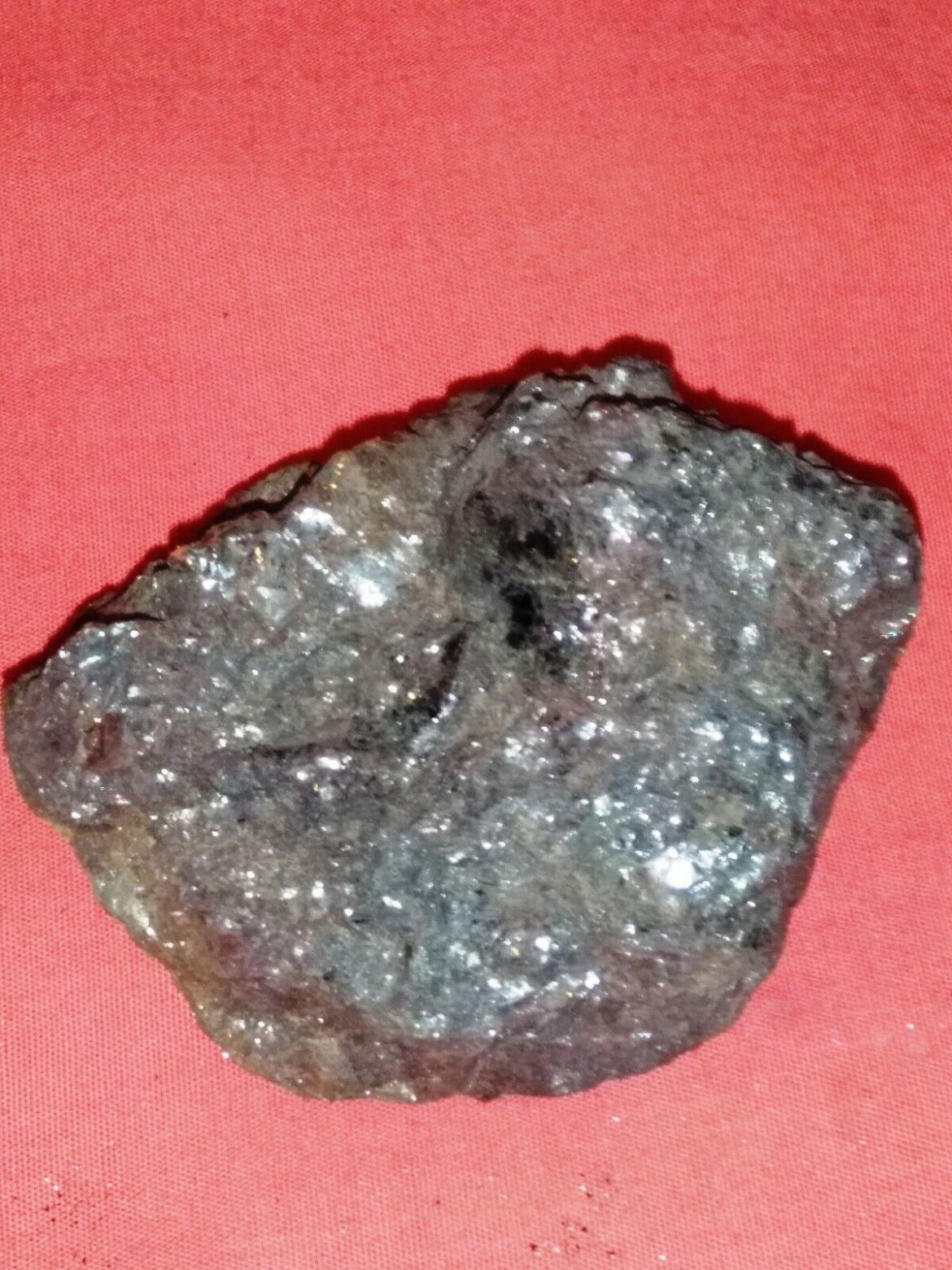Non-metallic minerals play a crucial role in various industries, serving as essential raw materials for manufacturing processes and contributing to economic growth. In this blog post, we will delve into the reasons why non-metallic minerals are of utmost importance, exploring their diverse applications and highlighting their significance in today's world.
- Understanding Non-Metallic Minerals:
Non-metallic minerals encompass a wide range of substances that do not possess metallic properties. These minerals are abundant in nature and are primarily used for their physical and chemical properties. Examples include limestone, gypsum, quartz, talc, and kaolin. - Versatility and Industrial Applications:
Non-metallic minerals find applications in numerous industries, owing to their versatile properties. Let's explore some key sectors where these minerals play a pivotal role:
a) Construction Industry:
Limestone, gypsum, and quartz are extensively used in the construction industry. Limestone is a primary component in cement production, while gypsum is utilized for plasterboard and drywall. Quartz, with its exceptional hardness and durability, is a preferred material for countertops and flooring.
b) Ceramics and Glass Manufacturing:
Kaolin, feldspar, and silica are vital components in the ceramics and glass industries. Kaolin, a clay mineral, is used in the production of porcelain and fine china. Feldspar acts as a fluxing agent, reducing the melting temperature of glass, while silica provides strength and transparency.
c) Agriculture and Fertilizers:
Non-metallic minerals like phosphate rock and sulfur are crucial for agricultural purposes. Phosphate rock is the primary source of phosphorus, an essential nutrient for plant growth. Sulfur is used in the production of fertilizers, aiding in soil fertility and crop yield.
d) Environmental Applications:
Certain non-metallic minerals contribute to environmental sustainability. For instance, zeolite, a porous mineral, is used in water filtration systems, effectively removing heavy metals and contaminants. Additionally, bentonite clay is employed in landfill liners, preventing the leaching of pollutants into the soil.
- Economic Significance:
The non-metallic minerals industry plays a significant role in the global economy. Its contributions include:
a) Job Creation:
The extraction, processing, and manufacturing of non-metallic minerals generate employment opportunities across various sectors, supporting local economies and livelihoods.
b) Revenue Generation:
The export of non-metallic minerals contributes to national revenue, promoting economic growth and development. Countries rich in non-metallic mineral resources can leverage their reserves to boost their economies.
c) Industrial Growth:
Industries reliant on non-metallic minerals, such as construction, ceramics, and glass, thrive due to the availability of these resources. The growth of these industries further stimulates economic activity and innovation.
Conclusion:
Non-metallic minerals are indispensable resources that drive multiple industries and contribute to economic prosperity. From construction and ceramics to agriculture and environmental applications, their versatility and significance cannot be overstated. As we continue to explore sustainable practices and technological advancements, the responsible extraction and utilization of non-metallic minerals will remain crucial for a prosperous and sustainable future.

